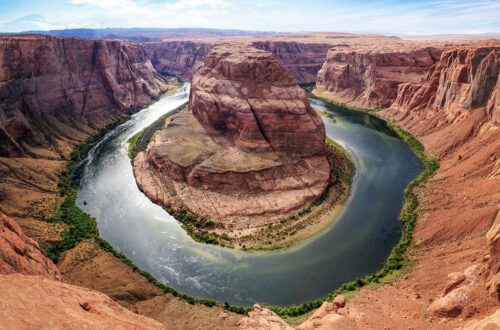
15 Least Crowded National Parks You Have to Explore (Solitude Hikers)
When we think of America’s national parks, images of bustling trails, crowded viewpoints, and packed parking lots often come to mind. But if you’re a traveler who craves solitude and wants to experience nature in its purest form, there’s a whole world of lesser-known national parks waiting to be explored. These hidden gems offer the same breathtaking landscapes, fascinating wildlife, and serene natural beauty—minus the crowds. So, grab your gear, and let’s talk about the underrated parks that deserve a spot on your travel list this year.
Disclosure: Some of the links on this blog are affiliate links, which means I may earn a small commission if you make a purchase through them. This comes at no additional cost to you and helps keep this blog running for free. Thank you for your support!
Why Visit Lesser-Known National Parks?
Choosing less crowded parks means you can enjoy your surroundings at a leisurely pace, without feeling rushed or overwhelmed by throngs of people. Besides a quieter experience, these parks often offer a greater sense of connection to nature. Many are home to rare ecosystems, unique geological features, and species you might not encounter elsewhere. You’ll have a chance to see more elusive wildlife, capture uninterrupted photos, and, best of all, enjoy peaceful, scenic hikes. If you’re looking for a truly immersive outdoor experience, these lesser-known parks should be high on your list.

How We Selected These Parks: A Guide to Finding Solitude
Our list of parks was curated with solitude in mind. We prioritized parks with low visitation numbers, expansive landscapes that make crowd dispersion easier, and unique features that stand out in the national park system. Some of these parks are challenging to access, requiring planning, or feature rugged landscapes that naturally deter the average traveler. Each offers a different experience, from rugged mountains to serene islands, volcanic formations to ancient forests.
Best Time of Year to Visit for Low Crowds
If solitude is your goal, timing your visit can make all the difference. Generally, the shoulder seasons—spring and fall—are ideal for most national parks, as these periods avoid the peak summer months when crowds tend to swell. However, some parks offer incredible beauty in winter, such as snow-capped mountains and icy trails, with the added benefit of even fewer visitors. Be mindful of park accessibility during these times, as some locations may have limited services in the off-season.
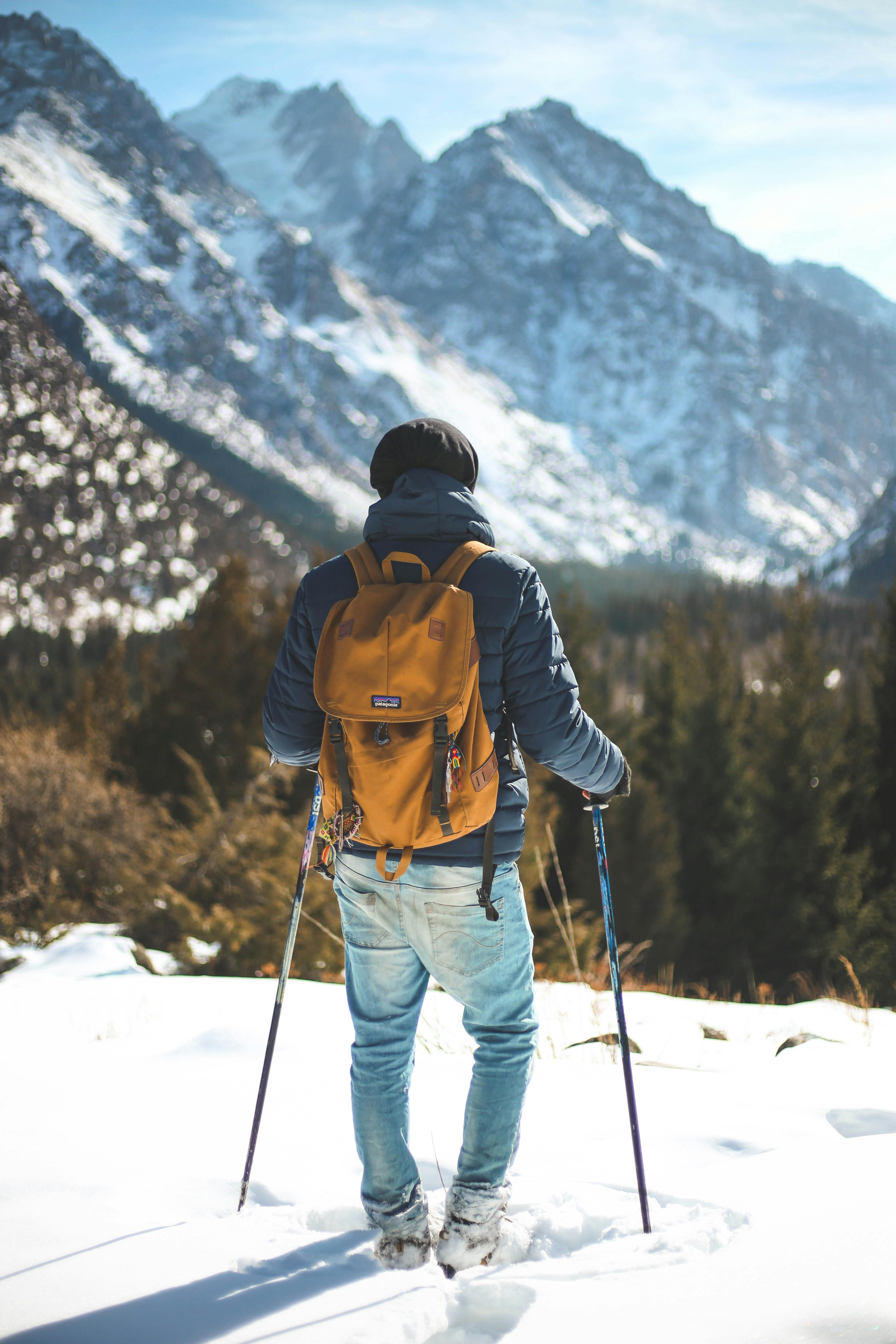
Planning Ahead: Tips for Visiting Remote National Parks
Remote parks often require a bit more preparation. Look into the park’s official website for road closures, camping permits, and trail conditions. Download offline maps or guides, as cell service can be spotty or nonexistent. Pack plenty of water, food, and essential camping gear if you plan to stay overnight. Some parks may have limited amenities, so being self-sufficient is key. Consider booking with GetYourGuide for guided tours in harder-to-navigate parks to ensure a safe and enriching experience.
Top 15 National Parks for Solitude Seekers
How to Get There: Accessibility and Travel Tips
Each park on this list comes with its unique travel requirements. Some parks are accessible by car, while others require flights or boat rides. Look into transportation options early, and if you’re flying, plan for a rental car to reach these remote locations. For parks like Isle Royale, accessible only by ferry or seaplane, make sure to book well in advance. Knowing your route and timing will make your journey to solitude much smoother.
Accommodations in and Around Each Park
From remote lodges and cabins to nearby towns with small motels, there are options to suit any style. Camping is often available within park boundaries, and it’s the best way to immerse yourself in the natural surroundings. Be sure to book early, especially if you’re visiting in the summer when accommodations are in high demand.
What to Pack for a Remote National Park Adventure
Packing for these adventures goes beyond the essentials. Think layers, durable hiking boots, bug spray, sunscreen, and a first aid kit. You might also need a portable water purifier, especially if you’re camping or hiking in backcountry areas. Binoculars, a camera, and offline maps are great for wildlife watching and capturing memories without relying on cellular networks.

Safety Tips for Exploring Secluded National Parks
Safety is paramount, especially in less populated areas. Carry bear spray if you’re visiting areas with wildlife, inform someone about your plans, and be prepared for sudden weather changes. Check trail conditions with rangers, and if you’re exploring without a guide, make sure you know basic navigation skills. Finally, always leave no trace—pack out everything you pack in to preserve these pristine spaces for future visitors.

1. North Cascades National Park, Washington
Known as the “American Alps,” North Cascades offers rugged mountain scenery and glacial landscapes without the typical park crowds. The park’s remote location and challenging terrain keep numbers low, but for those willing to explore, the views are astounding. Take a hike along Cascade Pass or camp by Ross Lake for some truly unforgettable moments in the wilderness.
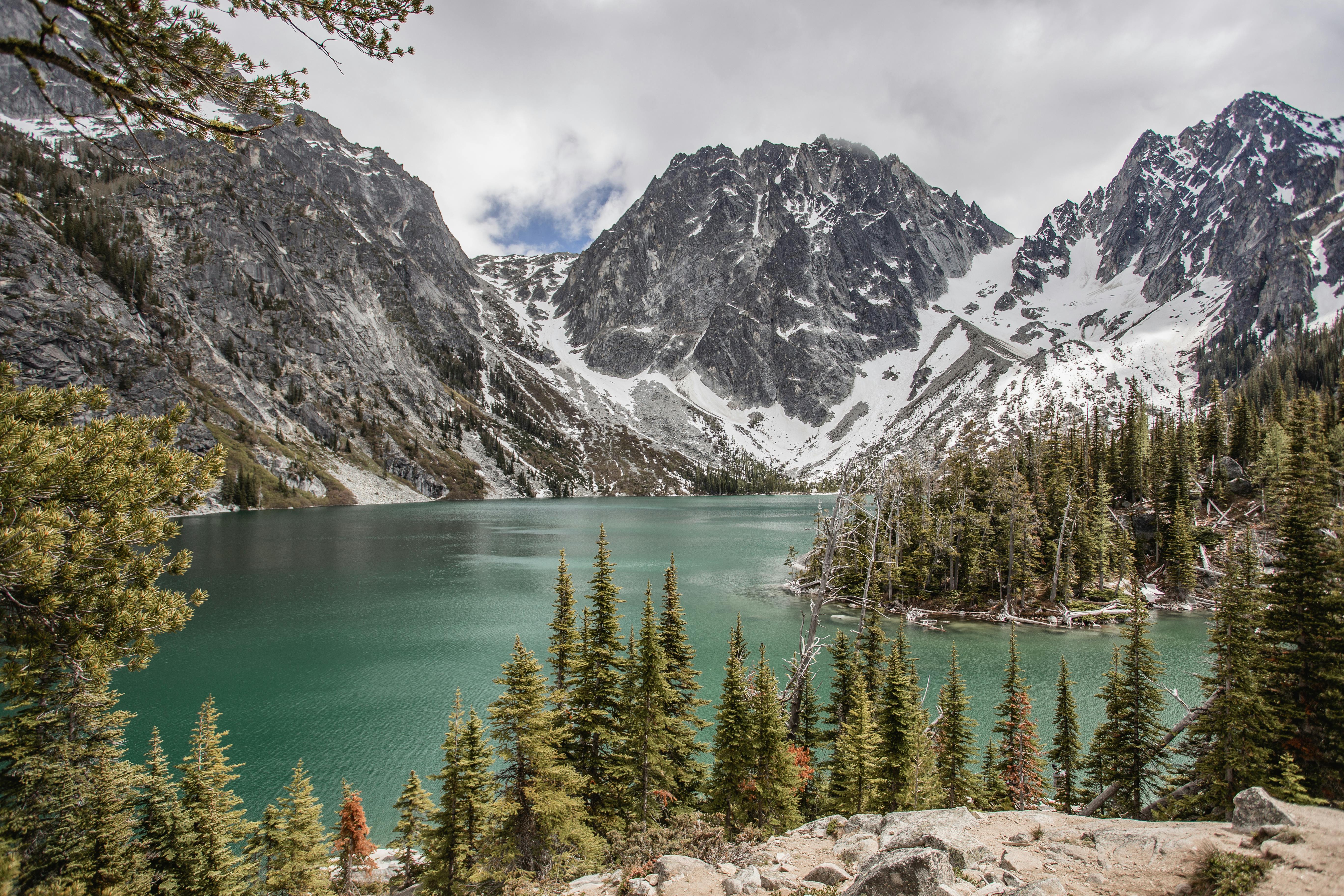
2. Isle Royale National Park, Michigan
An island paradise in Lake Superior, Isle Royale is accessible only by boat or seaplane. Its isolation and limited accessibility keep visitor numbers low. The park is a haven for moose and wolves, and kayaking around the island is a peaceful way to connect with nature. Make sure to book your transport early, as spots fill up quickly.

3. Great Basin National Park, Nevada
Great Basin is home to ancient bristlecone pines and the Lehman Caves, with wide-open spaces perfect for stargazing. It’s one of the least visited parks, making it ideal for solitude. Try a hike up Wheeler Peak or a night under the stars at one of their remote campsites for an unforgettable experience.

4. Guadalupe Mountains National Park, Texas
Known for the highest peak in Texas, Guadalupe Mountains National Park offers rugged trails and striking desert landscapes. With few visitors, it’s an excellent choice for solitude seekers. The hike to Guadalupe Peak rewards you with panoramic views, making the journey well worth it.
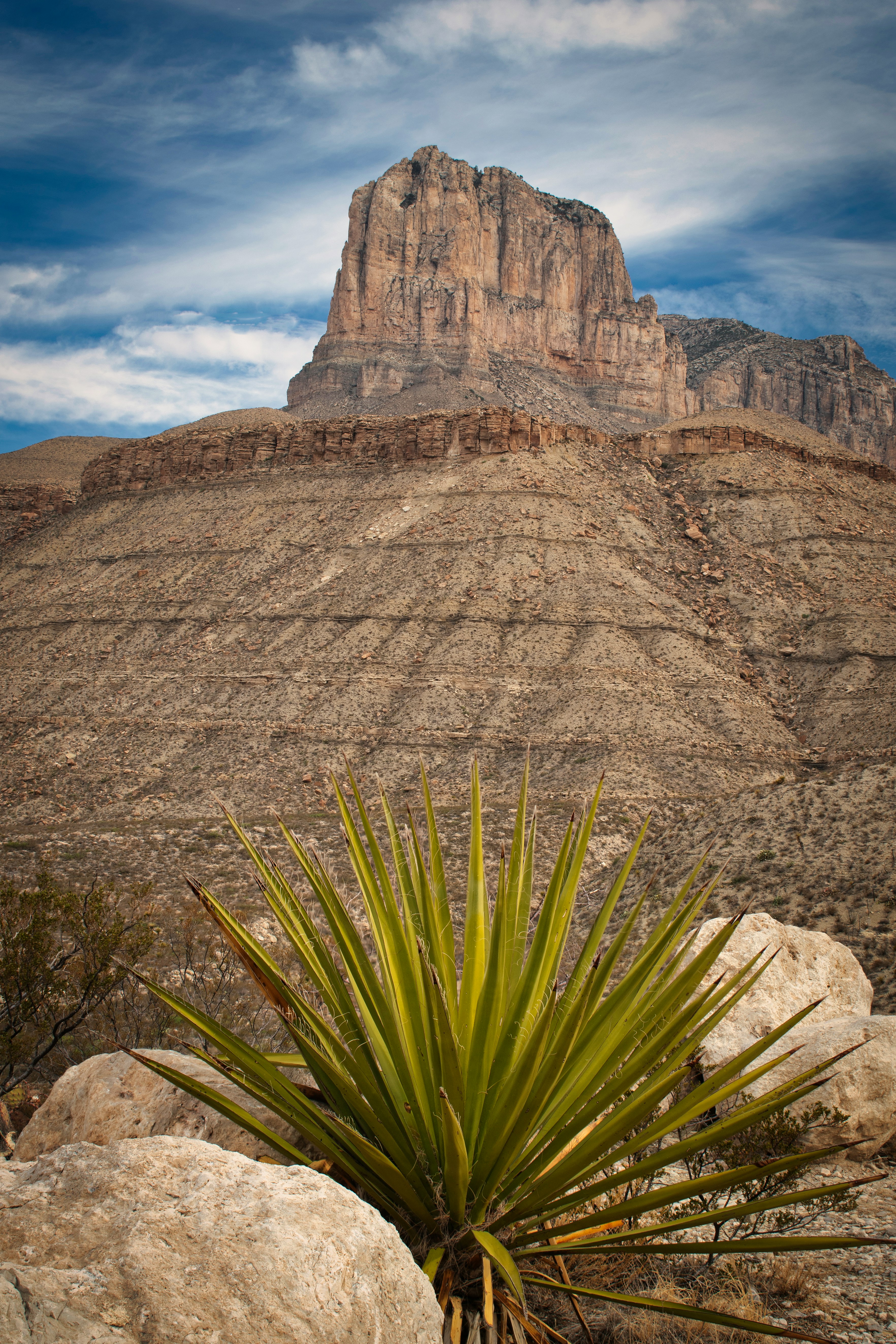
5. Wrangell-St. Elias National Park, Alaska
The largest national park in the U.S., Wrangell-St. Elias, offers endless adventures with almost no crowds. The park’s massive glaciers and rugged mountains are stunningly beautiful, and a guided tour is recommended to navigate its expansive terrain safely. Check out GetYourGuide for organized trips that take you through this breathtaking wilderness.

6. Lassen Volcanic National Park, California
Home to active geothermal features, Lassen Volcanic National Park is often overlooked in favor of other California parks. But this hidden gem boasts steaming fumaroles, clear mountain lakes, and diverse landscapes. Bumpass Hell, a geothermal area, is a must-visit, and the hiking trails are rarely crowded.

7. Dry Tortugas National Park, Florida
Accessible only by ferry or seaplane, Dry Tortugas is an island paradise with crystal-clear waters and rich marine life. Snorkeling around the historic Fort Jefferson is a unique experience, and the limited number of visitors ensures a peaceful day by the ocean.
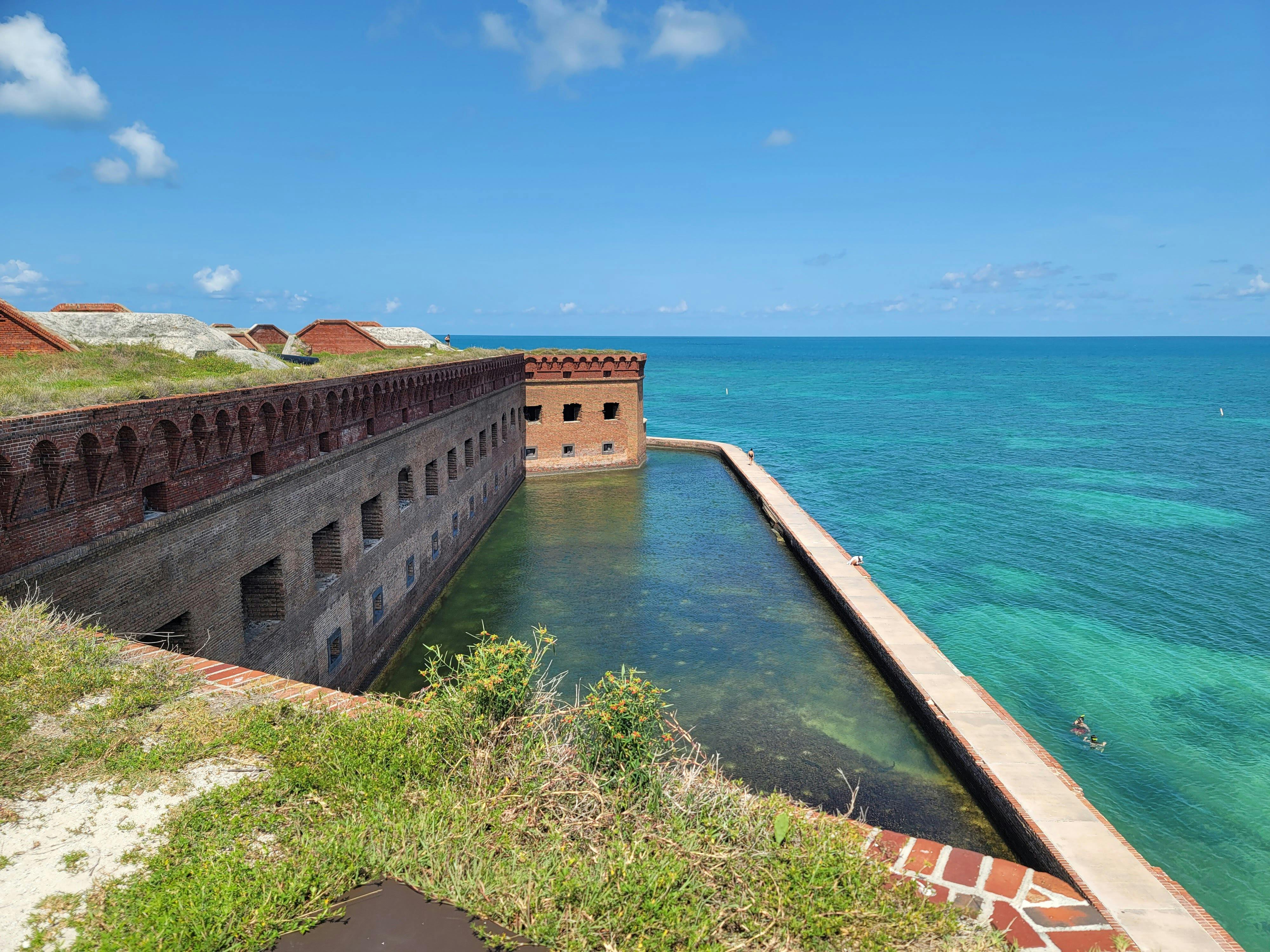
8. Black Canyon of the Gunnison National Park, Colorado
Black Canyon’s steep cliffs and deep canyon views make it one of Colorado’s hidden treasures. The Gunnison River carves through this remote park, creating dramatic vistas. Take a boat tour or hike the North Rim to experience this breathtaking natural wonder without the crowds.

9. Congaree National Park, South Carolina
With its lush forest and towering hardwood trees, Congaree offers a different kind of beauty. A kayak or canoe ride down the Congaree River is a peaceful way to explore the park, which remains relatively unknown to many travelers.
10. Channel Islands National Park, California
Channel Islands consists of five unique islands with diverse ecosystems and abundant marine life. Accessible only by boat, this park is a hidden paradise for snorkelers, kayakers, and hikers. Plan ahead with GetYourGuide to book a tour that fits your interests.
11. Gates of the Arctic National Park, Alaska
One of the most remote parks in the U.S., Gates of the Arctic offers a true wilderness experience. With no roads, trails, or established campsites, it’s perfect for experienced adventurers. You’ll need to be self-sufficient, but the reward is vast, untouched landscapes and true solitude.
12. Big Bend National Park, Texas
Big Bend’s vast desert landscape, mountain vistas, and the Rio Grande make it an underrated gem. Take a scenic drive, hike the Chisos Basin, or go river rafting. The park’s isolation and unique beauty make it a peaceful retreat from the hustle of city life.

13. Voyageurs National Park, Minnesota
Known for its interconnected waterways, Voyageurs is a paradise for canoe and kayak enthusiasts. The park offers beautiful lakes, dense forests, and minimal crowds. Camping on a remote island or taking a boat tour gives you a real sense of escape.

14. Petrified Forest National Park, Arizona
Petrified Forest is renowned for its fossilized trees and stunning desert landscape. With low visitor numbers, you can wander among ancient woodlands and painted desert vistas without interruption. Be sure to check out the Blue Mesa Trail for some of the park’s most surreal scenery.

15. Great Sand Dunes National Park, Colorado
With its towering sand dunes and stunning backdrop of the Sangre de Cristo Mountains, Great Sand Dunes offers a unique landscape for solitude seekers. Visit in spring or fall for mild weather and fewer visitors. You can hike, sandboard, or even camp under the stars in this surreal setting.

Best Hikes in These Lesser-Known National Parks
Each park offers its own standout trails. From North Cascades’ Cascade Pass Trail to the dunes of Great Sand Dunes National Park, these trails provide breathtaking views and the chance to experience nature in solitude.
Wildlife You May Encounter in Remote Parks
Many of these parks are home to rare and unique wildlife. Isle Royale has wolves and moose, Big Bend is known for its birds and reptiles, and Wrangell-St. Elias offers a chance to see grizzly bears and caribou.
Tips for Responsible and Eco-Friendly Park Exploration
Practicing leave-no-trace principles is essential in these pristine areas. Stick to marked trails, pack out all waste, and avoid disturbing wildlife. Supporting eco-friendly tourism helps preserve these landscapes for future visitors.
Final Thoughts: Why Discovering Quiet Parks Matters
Exploring lesser-known parks provides a unique, peaceful experience and fosters a greater connection to nature. By visiting these serene spaces, you’ll not only enjoy a more personal journey but also contribute to the preservation of these precious places.
Check out these posts on other national parks
- 16 Best Places to Visit on The Oregon Coast For First Timers in 2024
- How to Hike to Ash Cave in Hocking Hills for Beginners
- 8 Things to Do in Zion National Park in One Day
Post Disclaimer
The information provided on this blog is for general informational purposes only. It is not intended as legal advice or immigration guidance. We strive to keep the information accurate and up-to-date, but we cannot guarantee that all information provided is error-free or current. Immigration laws and procedures can change frequently and vary by jurisdiction.
It is recommended to consult with a qualified immigration lawyer or professional for advice specific to your situation.




